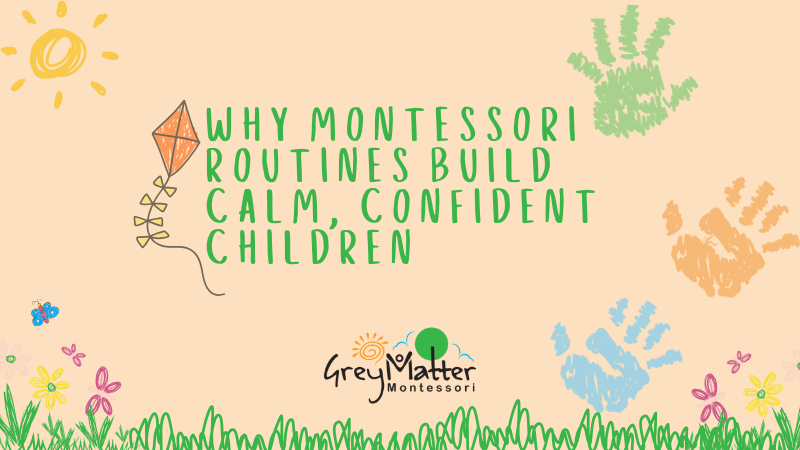Now let’s define what “frequent tantrums” really are. We all know that all children get upset. All children cry and some even have episodes of anger when they do not get their way. But it becomes a real problem when these tantrums are long, involve self-harm, the child is unable to calm him or herself down, and he or she becomes angry and aggressive towards caregivers and other children.
If you put a child with those tendencies in a classroom with 22 children and just one teacher - the current average for kindergarten and preschool classrooms, it will be impossible for the child to get the attention he or she needs both before tantrums and during/after. Students are grouped by an unchanging system based on age rather than personal development. It’s not just about dealing with the tantrums as they happen. Prevention is incredibly important, teachers need to be trained in managing such behaviors and be able to create program plans to help prevent and manage behaviors.
For young children with frequent tantrums, it is extremely important to place them in a learning environment that caters to their specific needs. While you might think that at such a young age, all education is the “same”, you couldn’t be more wrong. In Montessori schools, the day is filled with active rather than passive learning. For children with behavioral issues, this is ideal. Students are allowed to work at their own pace, are given more one-on-one attention from teachers, and there is a large focus on building self-esteem.
In Montessori schools, children's activities are hands-on and students are encouraged to work together at a level that won’t cause undue stress based on their own individual abilities. Materials are designed to help students see their accomplishments, while also being engaged and having fun. The child is more involved in their work, allowing them to see the results firsthand and increasing their own confidence. Self-esteem is an incredibly important part of a child’s mental growth and a key factor in minimizing and managing frequent tantrums.
Students in Montessori schools are given one-on-one attention from teachers. Lessons are not pre-determined. Not every student is the same so why should each student's lesson be the same? Students in Montessori classrooms can range in ages up to three years. So, while there may not be a teacher for every single student, older students are encouraged to act as role models and not every student needs the same amount of attention. It’s a community environment that focuses on building students up through education.
Montessori schools offer countless benefits over traditional preschool and kindergarten classrooms for all students, but especially students with frequent tantrums. Parents should feel more confident that - in a Montessori classroom - their child is receiving the attention he or she needs to manage and calm their tantrums. Parents should also feel confident that their children are learning life and social skills that will help them manage their anger as they grow.
The first few years of school are the most important for any student, even more so than high school or post-secondary. This is the time frame where students will develop certain behaviors that will stay with them throughout adulthood. Montessori schools allow the student themselves to learn different methods on how to interpret the information they are given. They also help students discover ways to identify their own feelings so they can find ways to process them from a young age. This teaches students to communicate openly and be able to deal with their feelings before a full out tantrum is on your hands.





